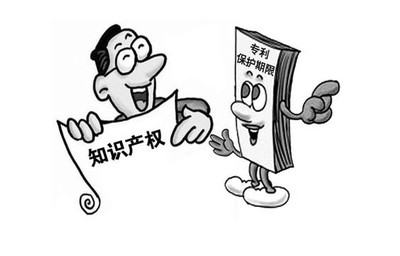Patent translation plays a crucial role in today's era of globalization. It is like a solid bridge connecting innovative achievements in different countries.
The definition of patent translation is clear and straightforward, which is to accurately and professionally translate patent documents from one language to another. Patent documents generally consist of key parts such as technical specifications and claims. For example, in a patent document about new smartphone technology, the technical specification details the innovative functions and implementation principles of the phone, while the claims clearly define the protection scope of the patent. The translation quality directly affects the validity and protectability of the patent in different countries. If the translation is inaccurate, it may lead to an ambiguous protection scope of the patent or even loss of protection effectiveness.

However, patent translation is by no means easy and faces many challenging difficulties.
Firstly, the large number of technical terms is a major problem. In patent documents, there are often a large number of technical terms in specific fields. For example, in a patent in the medical field, there may be technical terms such as "immunoglobulin" and "stem cell therapy". These terms may have completely different expressions in different languages and fields. Translators need to rely on profound professional knowledge and rich translation experience, carefully consult various professional dictionaries and literature materials, and consult experts in relevant fields when necessary to ensure the accuracy of term translation. For example, the accurate translation of "gene therapy" is "基因療法". If translated incorrectly, it may cause great misunderstanding among professionals in relevant fields.

Secondly, the language requirements of patent documents are extremely rigorous and accurate, and there must be no ambiguity. This requires translators to carefully deliberate every word and sentence during the translation process. For example, in a patent document in the field of mechanical engineering, the description of the size of a certain part must be accurate. "The diameter of the part is 5 centimeters." should be translated as "The diameter of the part is 5 centimeters." Any inaccuracy of a single word may affect the technical understanding and protection scope of the entire patent.
Thirdly, the differences in patent laws and systems of different countries also bring huge challenges to translation. For example, some countries have specific requirements for the format of patent documents and may require the claims to be presented in a specific serial number arrangement. Translators must fully understand these differences and make appropriate adjustments during the translation process to ensure that the patent can be effectively protected in the target country.
Professional translation companies have significant advantages in patent translation. On the one hand, they have a professional translation team whose members cover professional knowledge in different fields and rich translation experience. For example, in a professional translation company, there are experts who are proficient in both electronic engineering and multilingual translation and can accurately translate patent documents in the electronic field. On the other hand, translation companies will establish a strict quality control system and conduct multiple reviews and proofreadings of the translated documents. From the initial translation to the first review, the second review, and even inviting external experts for evaluation, to ensure that the translation is of high quality.
In conclusion, patent translation is a highly professional job that requires translators to have profound professional knowledge, rich translation experience, and a rigorous working attitude. Choosing a professional translation company can maximize the translation quality of patent documents and provide a reliable guarantee for innovative achievements on a global scale.
About Glodom:
Glodom is a Global Top 100 Language Service Provider. It has accumulated profound professional knowledge in the field of game localization and has reached long-term and stable cooperation with many well-known game companies around the world. Glodom has more than 300 full-time employees, and its service network covers over 40 countries worldwide, supporting more than 150 languages. We always attach equal importance to innovation and service. With advanced technology and rich project management experience, we have successfully helped numerous enterprises achieve their global strategic layouts. Whether in the accuracy of localized translation or the efficiency of multilingual processing, Glodom has always been at the forefront of the industry.


